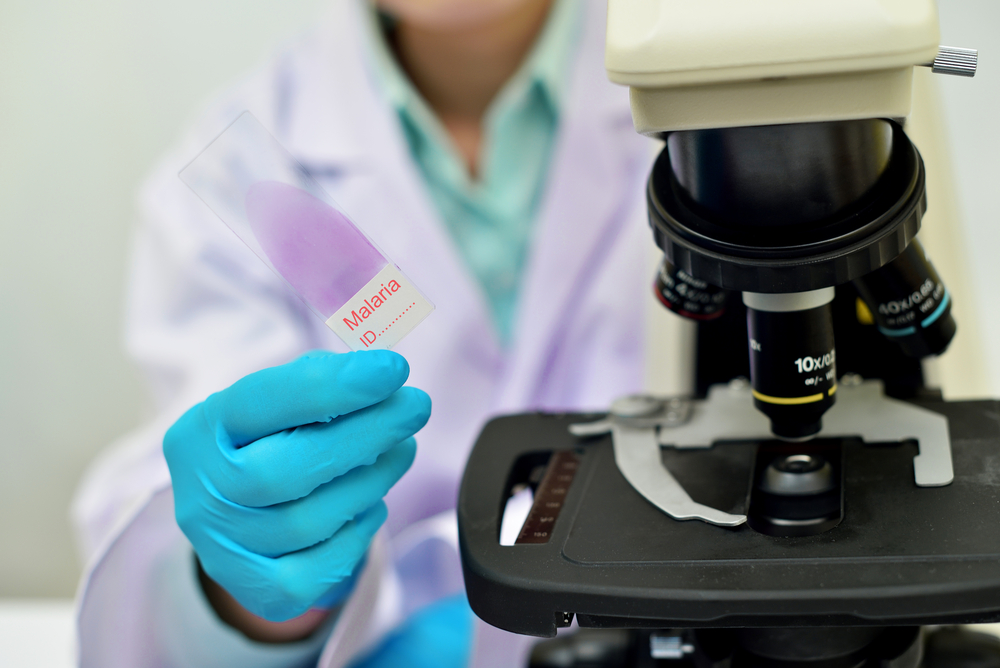
Wellcome Trust has earmarked a $3.6 million grant award as a means of aiding the malaria drug research process.
Officials said the funding allotment would benefit the work of researchers from Australia’s Walter and Eliza Hall Institute and Merck & Co., Inc., which is known as MSD in Australia, to identify and investigate drug-like molecules for treating malaria.
“Current strategies to control, and possibly eliminate, malaria rely on effective treatments,” Alan Cowman, a professor leading the research project at the Walter and Eliza Hall Institute, said. “However, in the past three decades, we have seen the emergence of parasite strains that are resistant to commonly used drugs.”
The project is built on research discoveries by Institute researchers, officials, said, showing a protein called plasmepsin V was essential for the malaria parasite to grow within human red blood cells.
“The Wellcome Trust support will allow us to modify these molecules to increase their potency and selectivity against the parasite and test them against all parasite life cycle stages,” Cowman said. “In two years we aim to generate new compounds that have appropriate properties that will allow them to undergo preclinical and clinical testing as potential new antimalarial drugs.”
Researchers noted any potential antimalarial drugs discovered by the collaboration would be further investigated through clinical trials before potentially being available for use.




